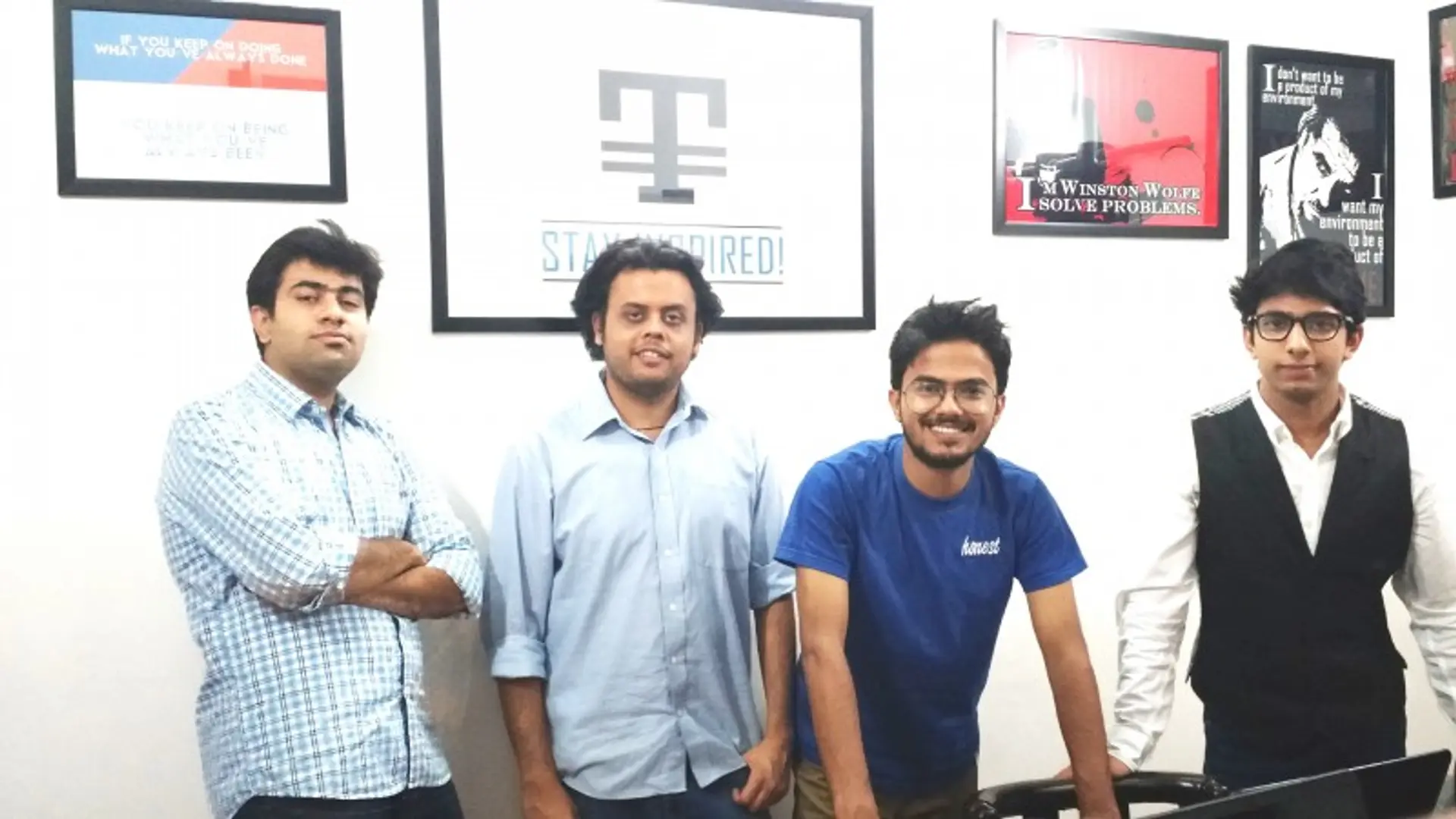How three students are making millions sans raising any funding: The Testament’s story
Starting up isn’t easy, and it becomes more challenging when one starts out from a Tier-II college. Managing studies, tweaking up the product, chalking out operational roadmap and raising funds often overlap. And things turn for the worse when your maiden investor ditches you after a formal promise to fund your promising venture. Three IP University alumni overcame the disappointment when their college management backed out after promising initial funding and yet set up their startup - The Testament.

Floated in April 2012, Testament started as a university journal. “Our objective then was to brand IP University because we wanted to break- out of the inferiority complex of being in a Tier- II institute,” says Nishant Mittal (23), Co-founder, The Testament.
Initially, everything seemed hunky-dory for Team Testament, which got commitment for seed round (in July 2012) from their college management, and was covered by a few national dailies. It then hit rock bottom when the college backed out. Nishant adds,
We could have stopped there and moved on to the next best thing, but we chose to stay on course and evolve.
Besides Nishant, Avneesh Khanna and Kumar Sambhav are the other co-founders of The Testament. The trio did engineering at IP university.
Keep pivoting till you achieve right path
From a university journal, The Testament moulded itself into a training and development company, and later explored media and marketing opportunities. “These were monetarily less rewarding avenues, but in the course of this journey, we created a disguised network of over one million students across the nation in a span of 12 months,” adds Nishant.
Supported by sustainable training services, The Testament pivoted its position and ventured successfully into manpower solutions to provide temporary manpower services to companies.
With time, the company evolved and started providing market acquisition, engagement and retention services to companies looking to acquire markets via on-ground activation.
From zero to over a crore revenue
Currently, The Testament employs over 60 people on a daily basis across 10 cities. The company claims to register 400 percent growth from last fiscal. Nishant says,
We did close to Rs 30- lakh revenue last fiscal and are slated to hit Rs 1.2 crore in the current FY.
The startup claims to snap up a 20 percent healthy margin in each project it undertakes.
It serves Ford, General Motors, Maruti Suzuki, UBM, Messe, and thriving startups like Uber, Quikr, Tripda, UrbanClap, Swajal, and GMAS. Nishant adds,
We helped these companies essentially with with market (customer/seller) acquisition and training.
The Testament plans to reach the Rs 5-crore revenue mark by the end of 2016-17. In 2015, The Testament it employed more than 500 individuals for 6,000 man-days across 20 cities for more than 10 clients.
To fuel its next phase of growth, the company is developing an in-house product to automate workforce on-boarding, managing and training processes. The company has plans to hire over 20 people and set up offices in Mumbai and Bengaluru this year.
Currently, over 90 percent of the part-time manpower supply market is unorganised, and essentially happens through agencies. However, these agencies are incapable of understanding the requirements of new-age technology startups and brands. The Testament competes with these agencies and the mighty TeamLease, which has been in the business of temporary staffing for over 13 years.
Greatest myth: VC funding is only way to build startups
While the ecosystem hails fundraising in the journey of successful startups, Testament never raised any capital. “Founders from top-notch institutions have easy access to investors and media but we were from a lesser- known institute and had no access to any foreign capital, connections to VCs, or media groups,” says Nishant.
Currently, majority of startups run on VC funding and entrepreneurs believe that external capital is crucial for survival or thriving of the company. However, 756 of the 900 fastest growing companies of the 1997-2007 era never raised capital. Nishant explains,
You don't need a lot of money to build a great business, you need a good mission statement and business model.
What's profitable in the initial stages is less VC- friendly or scalable. However, when one just looks at those funded startups, one can see that they are bleeding profusely. Nishant quips,
Look around you; everybody is fighting a price war. You need to be the cheapest, or you'll fail.







